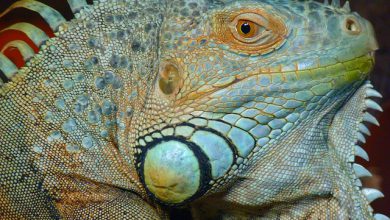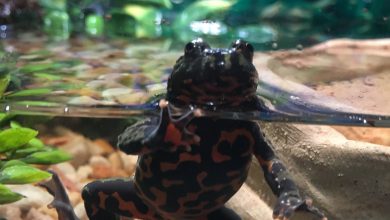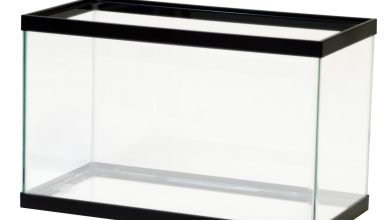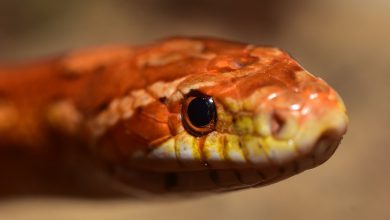Safe Treats for Reptiles and Amphibians
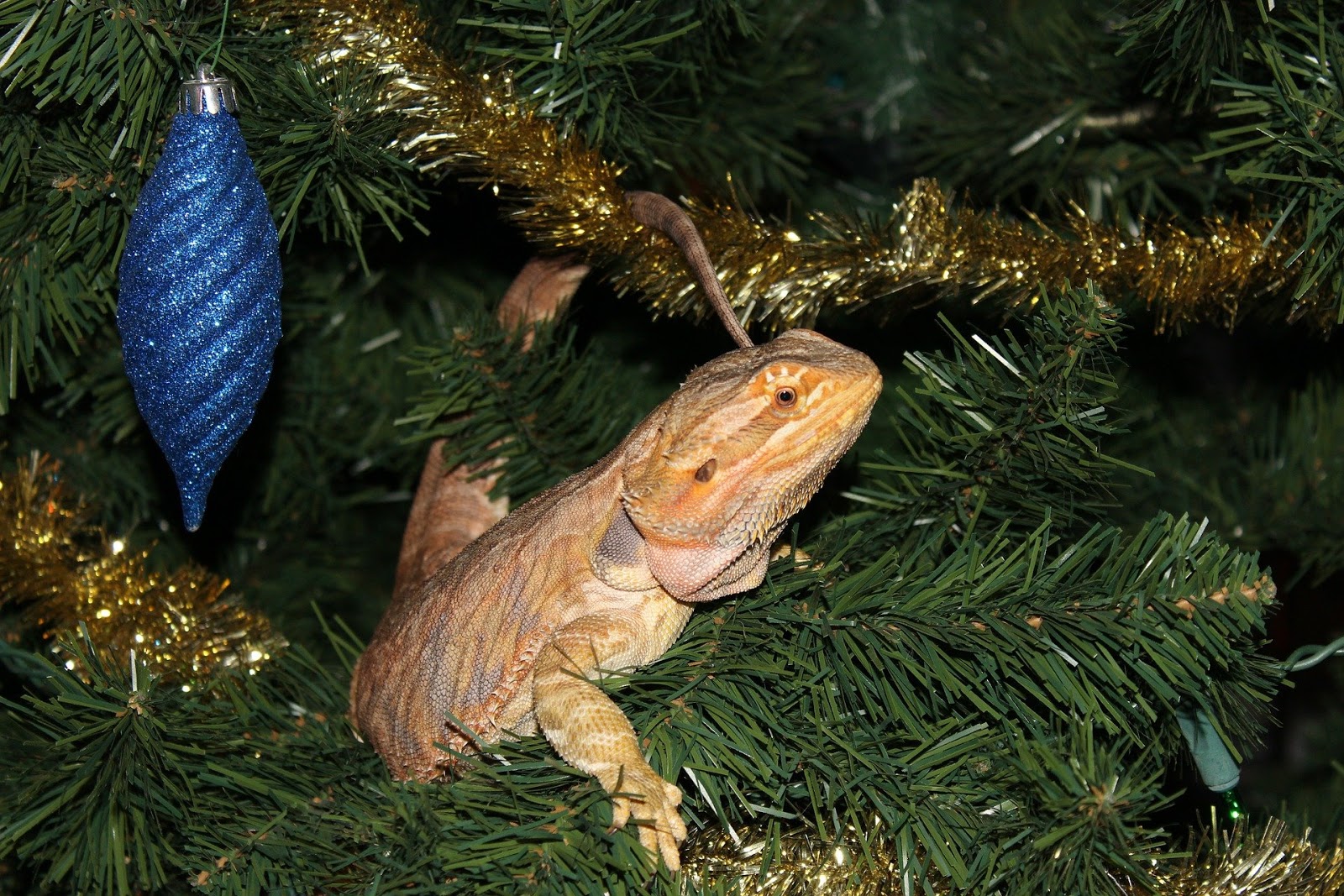
With the holidays around the corner, you may be thinking about special treats for your reptile or amphibian. After all, why shouldnât they enjoy something a little extra, too?
Of course, exotic pets canât enjoy the boatloads of fat and sugar we like to splurge on. So Iâve compiled a list of safe treats for them. Some of these treats will be good for herbivores, omnivores, insectivores, or carnivores. As with any diet changes, make sure that the treats fit into the right kind of diet for your specific pet species.
For herbivores and omnivores
For herbivores, one of the best kinds of treats you can provide is something that offers variety in their diet, even if itâs just changing up the kind of greens you feed them. Many keepers get in the habit of feeding the same greens every week, but herbs are a type of green that has a lot of flavor.
Some herbs to offer as treats include:
- Curly parsley
- Italian parsley
- Cilantro
- Basil
- Mint
Of course, when we think of treats, we often think of sweet foods, and herbivores and omnivores love those, too. For them, that comes in the form of fruits. Most fruits are safe to feed, but too much citrus can be irritating for the skin around their mouths. Youâll want to wipe off the juice after they eat, and remember that fruit has a lot of sugar, so it should be fed in small quantities.
Safe fruits include:
- Apples
- Bananas
- Berries
- Grapes
- Cantaloupe
- Honeydew melon
- Mango
We even sell a few canned fruits, such as canned mango and red banana.
Remember that most adult omnivores need more plant foods than prey foods.
Another food that herbivores and omnivores love is flowers. You can get dried flower treats at The Tye-Dyed Iguana in Fairview Heights, or at our online exotic pet store.
Insectivores
Many reptiles and amphibians fall into the insectivore category, and they are pretty easy to shop for treats for. All they need to shake up their diet is a new kind of insect that they donât usually get.
Here are some options with links for canned and freeze dried insects:
Carnivores and omnivores
Most carnivores canât really eat treats. If your pet eats whole animal foods that are larger than insects, then it likely gets enough nutrition from its prey. That being said, many carnivore keepers feed the same prey over and over again, so if you really want to mix things up and treat your pet, youâll need to find a different source of prey.
Mice are the most popular prey to feed, but your pet can most likely tolerate other small prey animals, as well, as long as they are about the same size as the mice you typically feed. Of course, acquiring prey animals is a bit more work than picking up a new type of fruit or vegetable at the grocery store.
Many carnivores can eat:
- Small birds
- Small lizards
- Rodents
- Other small mammals
- Eggs
- Fish
Be careful where you get your prey foods so that you donât introduce disease or toxins to your pet.
If youâre unsure whether a food is safe for your pet, you can check the care sheets on our website or talk to a team member at The Tye-Dyed Iguana.
